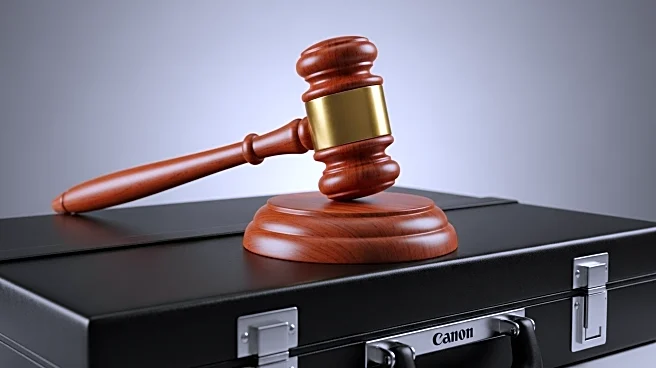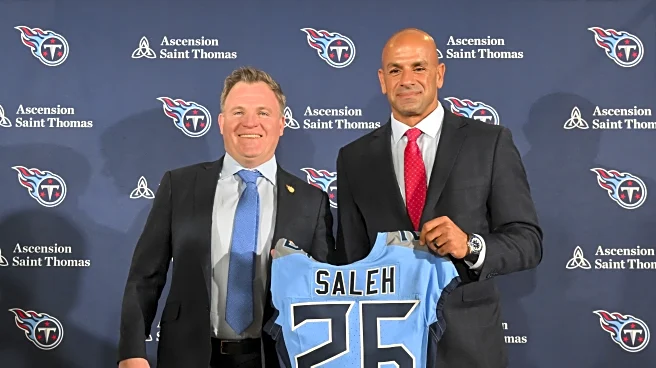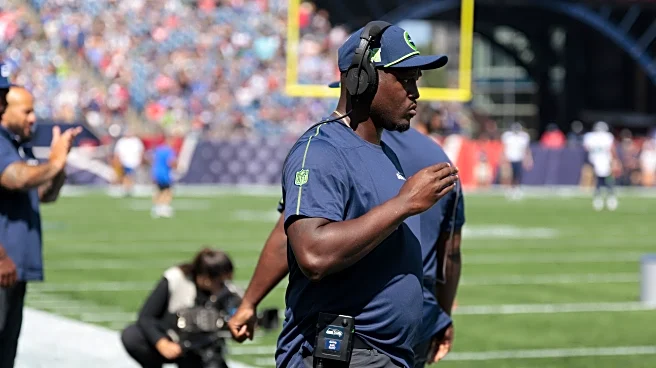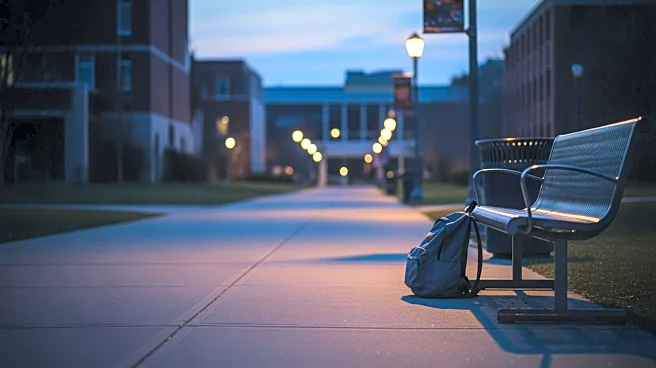What's Happening?
The Supreme Court has announced it will review Hawaii's stringent regulations on carrying firearms on private property. This decision follows a push from President Trump's administration, which argues that the law contravenes the Supreme Court's 2022 ruling that expanded gun rights under the Second Amendment. Hawaii's law currently prohibits firearms on private property unless explicitly permitted by the owner, and bans guns in public places such as beaches, parks, bars, and restaurants serving alcohol. Despite a district judge initially blocking the law, the 9th U.S. Circuit Court of Appeals largely reversed this decision, allowing Hawaii to enforce the restrictions. Similar laws exist in four other states, including New York, where an appeals court upheld the law but struck down private-property restrictions akin to Hawaii's.
Why It's Important?
The Supreme Court's decision to review Hawaii's gun regulations could have significant implications for gun laws across the United States. If the court strikes down Hawaii's law, it may set a precedent that challenges similar restrictions in other states, potentially broadening the scope of gun rights nationwide. This case highlights the ongoing debate between gun rights advocates and those prioritizing public safety, as states attempt to balance individual rights with community protection. The outcome could influence future legislative efforts and judicial interpretations regarding the Second Amendment, affecting how states regulate firearms in sensitive locations.
What's Next?
As the Supreme Court prepares to hear the case, stakeholders from both sides of the gun rights debate are likely to mobilize. Gun rights groups may intensify their efforts to challenge similar laws in other states, while advocates for stricter gun control may push for alternative measures to ensure public safety. The decision could prompt legislative reviews and adjustments in states with comparable restrictions, depending on the court's ruling. Observers will closely watch the proceedings for indications of how the justices interpret the balance between individual rights and public safety.
Beyond the Headlines
The case underscores broader societal and legal questions about the interpretation of the Second Amendment and the role of the judiciary in shaping gun policy. It may also influence public discourse on the balance between personal freedoms and community safety, potentially affecting voter sentiment and political campaigns. The decision could have long-term implications for how states navigate the complexities of gun regulation in diverse social and cultural contexts.










